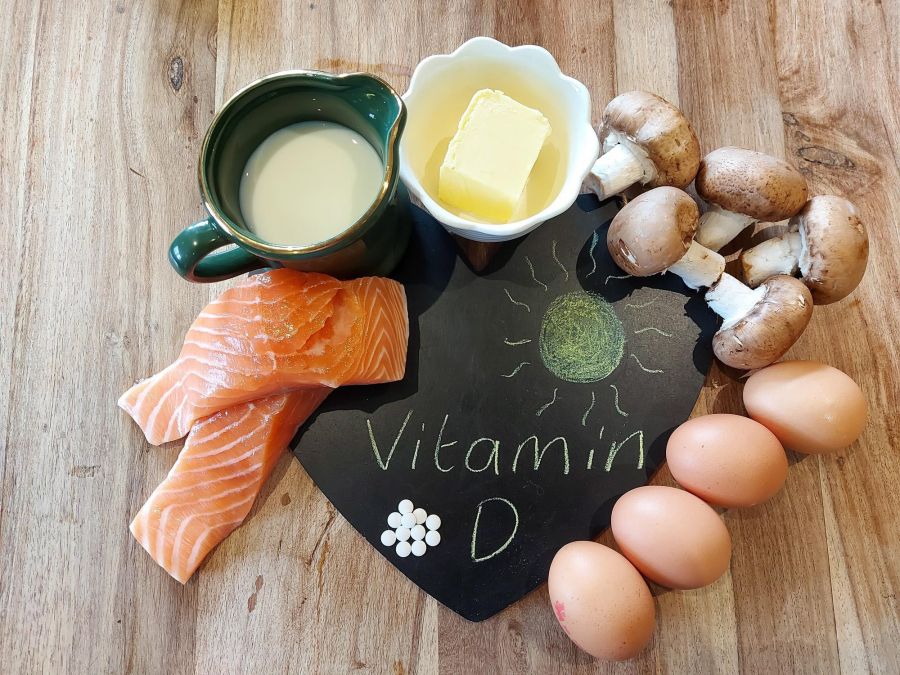Page content
Vitamin D is essential for bone and muscle health and traditionally, prolonged deficiency is associated with rickets in children and osteomalacia in adults. It is a unique micronutrient as it is a prohormone which is produced in the skin following exposure to sunlight. In countries at mid-high latitudes, UVB radiation from sunlight is of insufficient intensity during the winter months to promote cutaneous vitamin D production. This, together with limited food sources containing vitamin D, contributes to a high prevalence of insufficient vitamin D status.
Globally, approximately 1 billion people do not have get enough vitamin D resulting in deficiencies across the lifecycle and in multiple disease states (including cardiovascular disease, cancer, cognitive and autoimmune disease), making vitamin D a major public health issue. Optimising vitamin D status, therefore, is essential for the maintenance of health and the prevention of disease.
REF2014 submission
In the most recent Research Assessment Exercise (REF2014), NICHE submitted Research Impact Case Studies, including one on vitamin D and Health that were judged ‘outstanding in terms of reach and significance.’
Our research highlighted low vitamin D status across the lifecycle and has had a major global impact in setting dietary reference values for the general population in the UK, Europe, the USA and Canada.
Research impact
Based on our research, Sport Ireland have revised their supplementation policy and have demonstrated improved status in athletes after only 4-5 years.
Read more from Dr Sharon Madigan, Head of Performance Nutrition with Sport Ireland.
Vitamin D and 'at-risk' groups
Continuing debate exists on whether existing guidelines are adequate to optimise status, particularly in at-risk or vulnerable groups. The lack of data in many populations has led to the ongoing research at NICHE, where current nutrition trials are collecting detailed data on the vitamin D status of ‘at-risk’ groups including pregnant women, children, athletes and older adults, including those in residential care.
The effect of vitamin D supplementation on status and other health outcomes within these population groups is being investigated.
Vitamin D and health outcomes
NICHE is investigating vitamin D as a predictor of child neurodevelopment, muscle function in adolescents, bone health, sarcopenia, quality of life indicators, drug interactions, vision and depression.
Our research reports are also providing data for clinical care on the association between vitamin D deficiency and autoimmune disease, melanoma, inflammatory bowel disease, chronic obstructive pulmonary disease, excess adiposity and cardiovascular disease.
Food-based approaches
To address the limited dietary sources of vitamin D, NICHE is also investigating alternative approaches to optimise vitamin D status. To this end, NICHE have developed innovative food-based approaches to improve status. We work closely with industry to manipulate foods through direct or indirect (bio)fortification. Alternative methods of vitamin D delivery, such as via an oral spray, are also being investigated.
Our research team
PhD researchers
- Orlagh Feehan
- Laura Beggan
- Holly Neil
- Emily Royle
- Dominique Glatt
- Erika Rosbotham
In this section

The D-VinCHI Study
We are investigating the vitamin D status in school children.

















